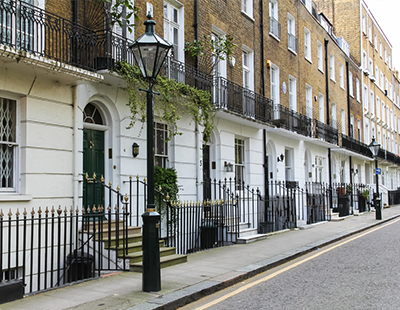
New data from a private bank shows a five per cent rise in the number of £1m-plus homes sold in 2017.
The first half of 2017 saw a one per cent drop in million pound house sales, however a strong performance in the last six months of the year meant that sales increased by five per cent overall.
Lloyds’ private banking division says that in total, 14,474 homes worth more than £1m were sold; this was up from 13,748 in 2016.
Over the past 10 years the number of £1m-plus house sales across Great Britain has increased dramatically, up by almost three quarters since 2007.
This hasn’t been steady though; 2012 saw a particularly poor year for sales, with only 7,862 transactions.
Some 57 per cent of all £1m-plus sales took place in London last year. However, the number of transactions in the capital only increased by one per cent year on year, whereas those in Yorkshire and the Humber rose by 60 per cent in the same period.
Similarly, sales in the North West were up by 46 per cent compared to 2016, and increased by 28 per cent in the West Midlands.
The only area in which million pound home sales fell last year was the East Midlands - down 23 per cent. This continues a longer-term trend; in 2007 there were 81 sold, whereas last year there were only 72 transactions recorded.
“Overall, 2017 was slow for the UK economy, with high inflation and low wage growth. But high end homeowners and investors in many parts of Great Britain are starting to regain their confidence in the market” says Louise Santaana, Head of UK Wealth Lending at Lloyd’s Banking Group.
“As always, the highest number of transactions took place in the capital last year, however growth in London has started to slow for million pound properties. Overseas investors represent a good share of this end of the London market and some may be holding off buying, pending further clarity over Brexit” she adds.
“2018 will be an interesting year for the million pound property market. With the Government consulting on ways to improve the house buying process, we should see high end homeowners more empowered to engage in property transactions. However, the high cost of stamp duty may be an ongoing deterrent in the top end of the market, particularly for those who are looking to invest in property in order to make money, as opposed to buying a home.”













.png)


.png)




Join the conversation
Be the first to comment (please use the comment box below)
Please login to comment